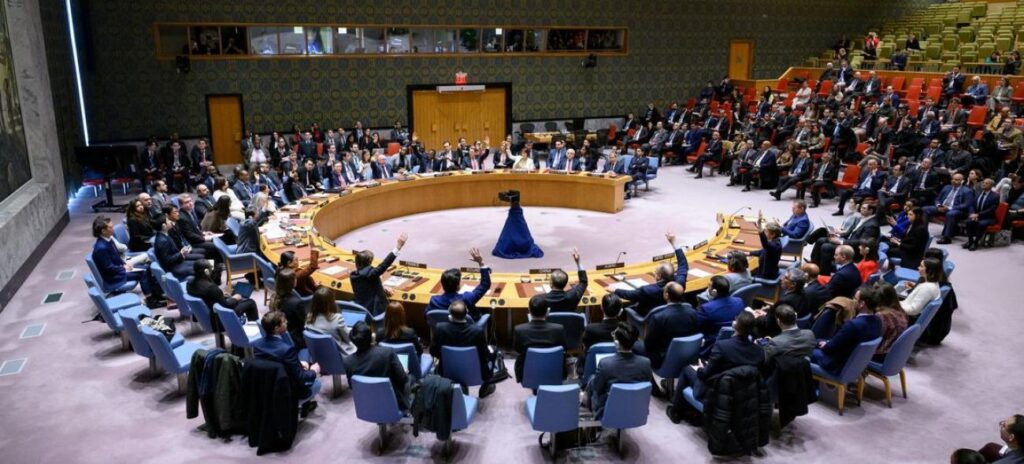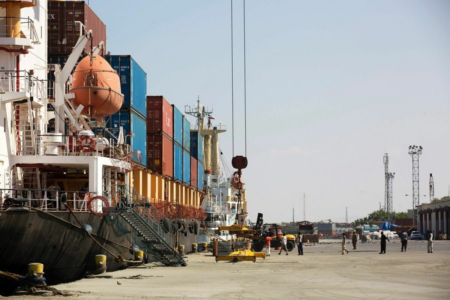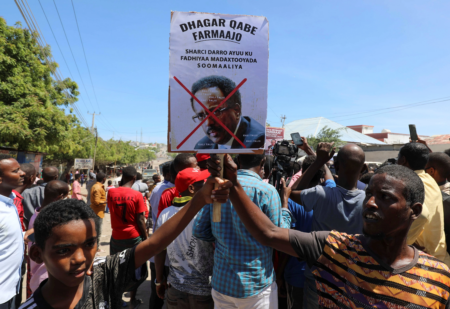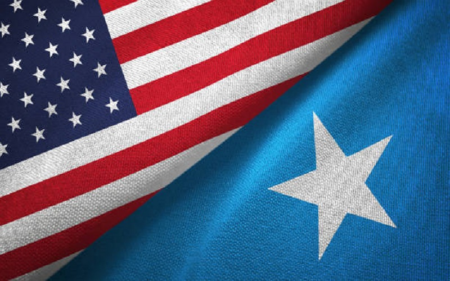The UN Security Council (UNSC) is deadlocked over approving key funding for the African Union Support and Stabilization Mission in Somalia (AUSSOM).
This impasse threatens the stability of Somalia’s newly launched peacekeeping effort, risking a major setback just months after it began.
What’s at Stake?
On 1 January 2025, AUSSOM replaced the long-running African Union Transition Mission in Somalia (ATMIS) to support Somali forces against Al-Shabaab.
But operational funding now hinges on UN Security Council Resolution 2719—a mechanism stalled by U.S. opposition during meetings on 12 May and causing critical delays.
Reasons of UNSC Deadlock
| Factor | Details |
|---|---|
| Unpaid Debts | AUSSOM inherited $185M in unpaid ATMIS bills (Jan–Jun 2025) plus ~$94M owed to troop contributors from 2022–24. |
| Limited Commitments | Only $16.7M secured so far—from China, Japan, South Korea, and the AU Peace Fund. |
| Stalled UNSC Vote | Despite UNSC Resolution 2767 endorsing AUSSOM on 27 Dec 2024, the vote on activating stable funding under Resolution 2719 was blocked in May, mainly by the U.S. |
Possible Fallout
- Funding Crunch: Without UN Security Council approval, Somalia risks a disorganized funding patchwork—lethal to mission effectiveness and stability.
- Mission Instability: The AU has floated alternative models, including a regional security pact or bilateral troop deals, as AUSSOM’s future hangs in the balance.
- Political Pressure: An AU exit could force Somali leaders to take ownership of security and reconciliation, as the mission currently covers for political dysfunction.
Looking Ahead
A donor conference in Doha is expected soon to mobilize additional financing.
Yet, piecemeal pledges may barely extend operations, not sustain them.
Ultimately, this crisis could trigger a shift from “managing” Somalia’s unrest toward fostering a political solution—moving away from purely military intervention.









